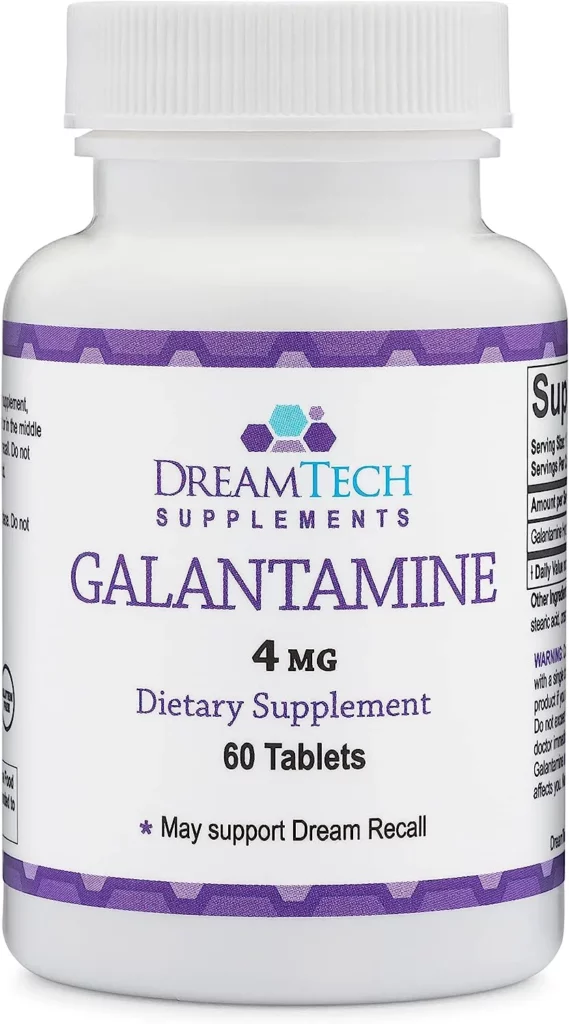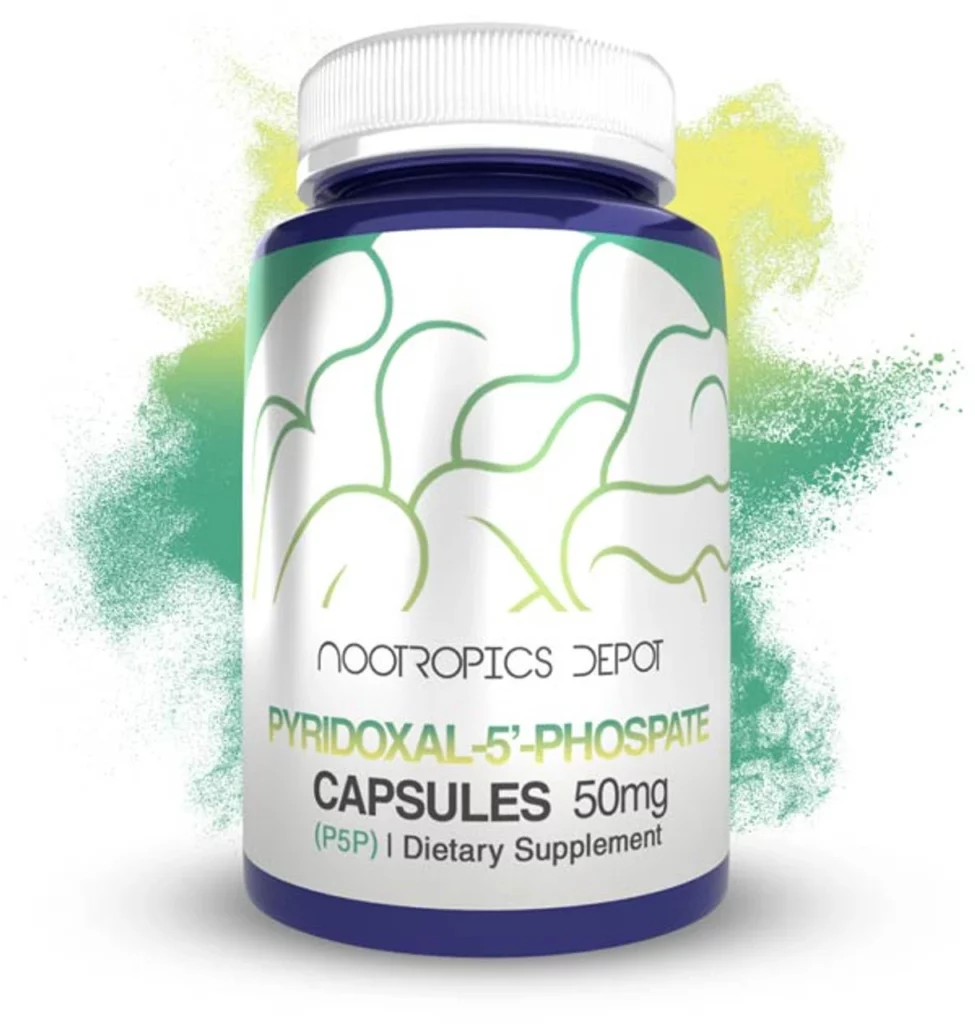Quick Facts:
- 😴 One third of our life, about 9,000 days, is spent asleep.
- 🌙 Lucid dreaming allows you to become aware that you are dreaming and control your dreams.
- 📝 Keeping a dream journal helps improve dream recall and signals to the subconscious the importance of lucid dreaming.
- 👃 Reality checks, such as pinching your nose and trying to breathe, can help differentiate dreams from reality.
- ✍️ Mnemonic Induced Lucid Dreaming (MILD) involves writing down dreams and visualizing becoming lucid in future dreams.
- 📚 The process of lucid dreaming requires commitment and perseverance.
- 📝 Recording dreams and doing reality checks consistently can increase the likelihood of having lucid dreams.
- 💤 Lucid dreaming provides an opportunity to have extraordinary experiences and explore new possibilities during sleep.
Picture yourself in a world of infinite possibilities, where you have complete control over your dreams, molding them to your desires.
Lucid dreaming offers a unique experience, where individuals become aware of their dream state and can influence its direction.

In this article, we enter into the world of lucid dreaming supplements, which have gained popularity as aids for enhancing and inducing lucid dreams.
We will explore the concept of lucid dreaming, its potential benefits, and how supplements can amplify these experiences.
Lucid dreaming occurs during the rapid eye movement (REM) stage of sleep, when the brain is highly active and vivid dreams occur. The dreamer realizes they are in a dream state, allowing them to engage with the dream environment.
Some individuals naturally experience lucid dreams, while others seek techniques and supplements to help achieve this state.
By utilizing lucid dreaming supplements, dream enthusiasts aim to increase the likelihood of having lucid dreams, prolong their duration, and enhance clarity and control.
These supplements are designed to influence brain chemistry, promote sleep patterns conducive to lucid dreaming, and support cognitive functions related to dream recall and awareness.
We will explore various lucid dreaming supplements available in the market and their potential effectiveness.
It's important to note that while supplements may offer benefits, they do not guarantee lucid dreaming.
Individual experiences may vary, so it's essential to approach these supplements cautiously and seek guidance from healthcare professionals if needed.
Popular Lucid Dreaming Supplements
Lucid dreaming supplements have gained significant attention in recent years as tools to enhance the potential for lucid dreaming experiences.
While individual experiences may vary, certain supplements have become popular among those seeking to explore the depths of their dreams.
Huperzine-A

Huperzine-A is a natural compound derived from Chinese club moss plants (Huperzia serrata) and is often used as a dietary supplement.
Its primary purpose in the context of lucid dreaming is to enhance memory and cognitive functions, which are crucial for dream recall and awareness during sleep.
By increasing the levels of acetylcholine, a neurotransmitter involved in memory and learning, Huperzine-A aims to support the brain's ability to access and remember dreams.
The main active ingredient in Huperzine-A is, unsurprisingly, huperzine-A. This compound inhibits the activity of an enzyme called acetylcholinesterase, which breaks down acetylcholine in the brain. By inhibiting this enzyme, Huperzine-A helps to maintain higher levels of acetylcholine, thereby potentially improving memory, cognition, and dream recall.
Several studies have explored the potential benefits of Huperzine-A in the context of lucid dreaming. While more research is needed, preliminary studies suggest that Huperzine-A may have positive effects on memory and cognitive function, which can contribute to enhanced dream recall and lucidity during sleep.
Galantamine

Galantamine is a natural compound originally derived from plants such as the snowdrop (Galanthus spp.) and is commonly used as a supplement to improve memory and cognitive function.
In the context of lucid dreaming, Galantamine is believed to promote increased acetylcholine levels in the brain, which can enhance dream recall, intensify dream vividness, and facilitate lucid dream induction.
Galantamine acts as an acetylcholinesterase inhibitor, similar to Huperzine-A. By inhibiting the breakdown of acetylcholine, Galantamine helps to maintain higher levels of this neurotransmitter, which is associated with memory, learning, and dream experiences.
The supplement is available in various forms, including capsules and liquid solutions.
Multiple studies have investigated the potential benefits of Galantamine for lucid dreaming. While more research is necessary, some studies have shown promising results.
For example, a study published in the journal “PLoS One” found that Galantamine significantly increased the frequency of lucid dreams compared to a placebo.
Vitamin B6

Vitamin B6, also known as pyridoxine, is a water-soluble vitamin that plays a crucial role in various physiological processes, including brain function and neurotransmitter synthesis.
In the context of lucid dreaming, Vitamin B6 is believed to enhance dream recall and potentially intensify dream experiences.
Vitamin B6 is involved in the synthesis of several neurotransmitters, including serotonin, dopamine, and norepinephrine. These neurotransmitters play essential roles in regulating mood, cognition, and sleep.
By ensuring an adequate supply of Vitamin B6, individuals may support the brain's neurotransmitter balance and optimize the conditions for lucid dreaming.
While scientific research specifically focusing on Vitamin B6's direct effects on lucid dreaming is limited, the vitamin's role in neurotransmitter synthesis and brain function is well-established.
Some anecdotal evidence suggests that individuals who take Vitamin B6 supplements before bed may experience improved dream recall and potentially enhanced dream vividness. However, further research is necessary to establish a direct causal relationship.
Tips for Enhancing Lucid Dreaming Naturally
While lucid dreaming supplements can be a valuable tool for enhancing lucid dreaming experiences, it's important to remember that there are natural techniques that can also aid in achieving lucidity during dreams.

1. Dream journaling and reality checks
Keeping a dream journal is an effective technique for improving dream recall. Upon waking up, write down any details, emotions, or events you remember from your dreams.
This practice enhances your dream awareness and can lead to increased chances of recognizing dream patterns and triggers for lucidity.

Reality checks involve regularly questioning your reality throughout the day. By habitually asking yourself, “Am I dreaming?” and performing simple reality checks like trying to push your finger through your palm or reading a line of text twice, you create a habit of critical thinking that carries over into your dreams.
This helps you become more aware of the dream state, increasing the likelihood of experiencing lucid dreams.
2. MILD technique (Mnemonic Induction of Lucid Dreams)
The MILD technique involves setting a clear intention to remember that you are dreaming. Before falling asleep, repeat a mantra or affirmation such as “I will remember that I am dreaming” while visualizing yourself becoming aware in a dream.
By focusing your mind on this intention, you are more likely to carry that awareness into your dreams and achieve lucidity.
3. Wake Back to Bed technique
The WBTB technique involves waking up from sleep after several hours, staying awake for a short period, and then returning to sleep with the intention of having a lucid dream.
During the wakeful period, engage in activities that promote dream recall and lucidity, such as reading about lucid dreaming or reviewing your dream journal.
This technique takes advantage of the increased likelihood of entering the REM stage, where lucid dreams occur, after waking up from a previous sleep cycle.
4. Meditation and mindfulness
Practicing meditation and mindfulness can significantly improve self-awareness, focus, and the ability to recognize subtle changes in consciousness. Regular meditation helps cultivate a state of calmness and mental clarity, which can translate into increased awareness during dreams.

Consider incorporating mindfulness techniques into your daily routine, as they can positively impact your overall dream experiences.
5. Visualizations and affirmations
Engaging in visualization exercises and affirmations throughout the day can strengthen your intention to have lucid dreams.
Before sleep, imagine yourself becoming aware in a dream, visualize the vividness and details, and affirm your ability to become lucid. This mental rehearsal can increase your likelihood of achieving lucidity during your dream state.
6. Healthy sleep habits and optimal sleep environment
Prioritize good sleep hygiene to promote optimal conditions for lucid dreaming. Maintain a consistent sleep schedule, create a comfortable and conducive sleep environment, and practice relaxation techniques before bed.
By prioritizing overall sleep quality, you provide a solid foundation for enhancing your dream experiences. Remember that lucid dreaming is a skill that may take time and practice to develop.
Combining natural techniques with lucid dreaming supplements can further enhance your journey toward achieving lucidity in your dreams. Be patient, stay consistent, and explore what works best for you.
What triggers lucid dreams?
There are several triggers that can potentially increase the likelihood of experiencing lucid dreams, including reality testing, the Mnemonic Induction of Lucid Dreams (MILD) technique, keeping a dream journal, practicing meditation, and using external stimuli like binaural beats or light cues.
Are lucid dreams dangerous?
No, lucid dreams are not considered dangerous. They are a natural and safe phenomenon that occurs during the REM (rapid eye movement) stage of sleep. Lucid dreaming can be an exciting and positive experience for many individuals.
What is a lucid nightmare?
A lucid nightmare is a type of dream in which the dreamer is aware that they are dreaming but experiences a frightening or distressing scenario. In a lucid nightmare, the dreamer may feel trapped or unable to control the events of the dream, leading to heightened fear or discomfort.
Why do i lucid dream every night?
Experiencing lucid dreams every night is relatively rare. While the exact reasons can vary among individuals, it could be attributed to factors such as natural propensity, practiced techniques, sleep disorders, or medication side effects. Daily lucid dreamers exhibit heightened cognitive activity in their brains, as per a study published in Neuroscience & Biobehavioral Reviews (2019). This is attributed to increased physiological interaction between the frontopolar cortex and temporoparietal areas. These brain regions, responsible for language comprehension and processing external/internal stimuli, engage in enhanced synergy. Consequently, this elevated brain function contributes to the vividness experienced during sleep, enabling frequent lucidity.
Is it good or bad to have lucid dreams?
The experience of having lucid dreams is generally considered positive and can be a source of excitement and exploration. Many individuals find lucid dreaming to be enjoyable as it allows them to actively participate and control their dream experiences. Lucid dreaming can offer opportunities for creativity, problem-solving, and personal growth. However, the impact and significance of lucid dreaming can vary from person to person.


